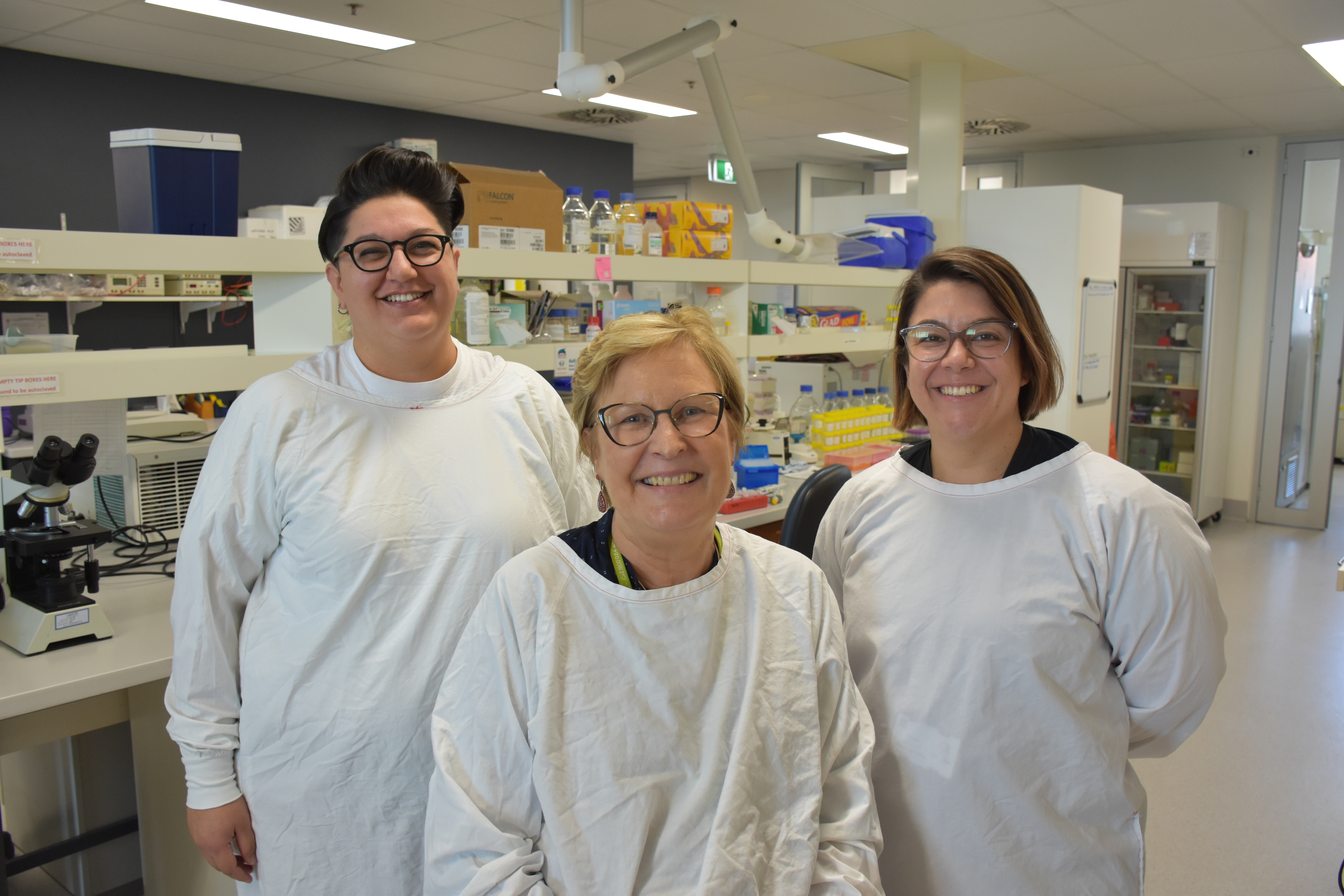
Dear Supporter,
If there is one thing the COVID-19 pandemic has shown us in 2020, it is the importance of medical research.
Why?
Because medical research has demonstrated that many diseases and conditions can be prevented, detected and managed more effectively or in some cases even eliminated.
There is no doubt medical research is now the most crucial tool in our fight against COVID-19. For this reason, we responded quickly by directing our resources and expertise to this problem.
We are supporting clinical trials, improving diagnostic testing and studying the impact of COVID-19 on patients, healthcare workers and the community. Our researchers are also involved in a study looking into using common blood pressure medication to treat COVID-19. The clinical trial is investigating if these class of drugs, called angiotensin receptor blockers, can reduce the severity and length of COVID-19 infection in hospitalised patients.
This is an exciting piece of global research where we are thinking laterally, looking into existing drugs to help with managing COVID-19 for patients, allowing time for research into a vaccine to be conducted.
Your generous donations have helped us transform a number of research projects, like this, from scientific discovery into a medical reality. We are so grateful to you for partnering with us.
We hope that you will choose to continue to support us this Christmas by making a tax-deductible gift*.
Christmas, like birthdays, is often a time of reflection. And at the Kolling Institute, we are celebrating a big birthday milestone this year – 100 years of innovative research that has allowed us to better serve patient needs both within the community and globally.
This year, although we adapted our focus to enable COVID-19 research, our clinicians continue to progress and achieve incredible results across a broad range of areas. In March, researchers from our Bill Walsh Lab made an exciting breakthrough identifying new genes that influence ovarian tumour spread. Results suggest these genes may play a role in how ovarian tumours avoid destruction by the immune system. The discovery gained international attention, and with further research, we hope to find new ways to control the spread of ovarian cancer.
Our Rehabilitation Researchers launched an Australia wide trial involving every spinal injury unit in Australia which will hopefully lead to life-long improvements for those who experience a spinal injury.
In the area of neuroscience our researchers are part of an international multi-institutional research study to create new insights into the genetics of what determines the development and progression of Parkinson’s disease. It is clear, from these key highlights and our achievements across all of the Institute’s research programs, that we continue to lead the way, adapting quickly and conducting crucial medical research across a broad range of conditions, ailments and diseases – helping us care better for you and your loved ones.
It has been a big year, but we are excited to look forward to 2021. Although COVID-19 has understandably drawn attention and support over the last year, it is important that we do not neglect other areas of medical research that we know will continue to present challenges and affect the lives of members of our community for years to come.
This Christmas, your donation means more than ever. It will bridge the gap between what is currently possible and what is needed to address global medical research issues. Your tax-deductible gift* offers immediate resources to continue our COVID-19 research while also ensuring that the ongoing need for broader medical research in key areas will be met.
We are committed to helping diagnose, prevent and treat medical diseases and health conditions – to improve the care our community receives, no matter what challenges next year may bring.
You can help make this possible by sending us your gift today*. We are counting on your support.
Warm regards,
Professor Carolyn Sue
Executive Director, Kolling Institute
—
*Donations $2 or over are tax-deductible.

